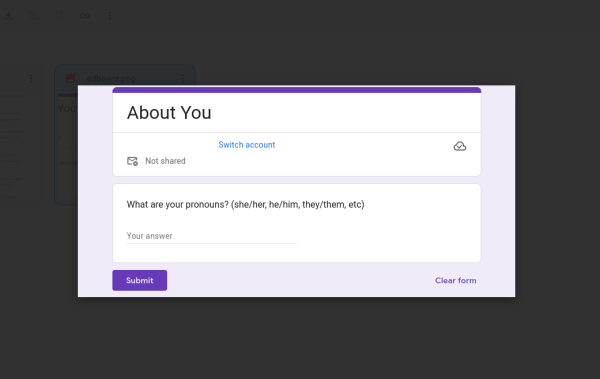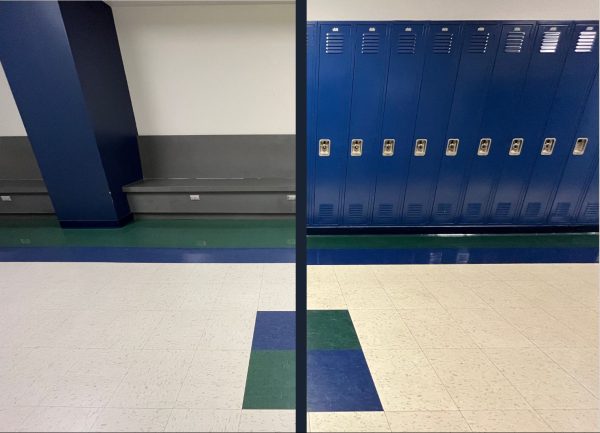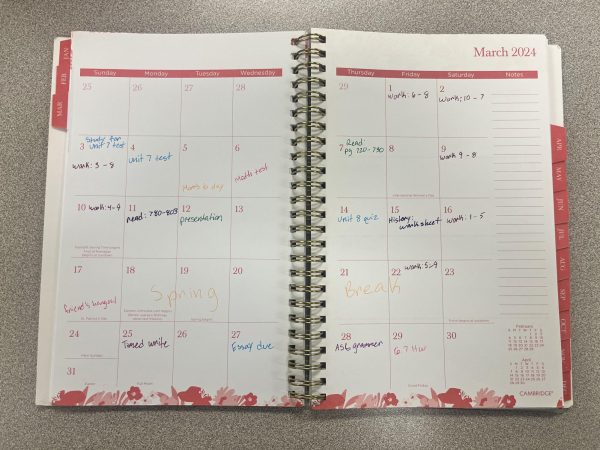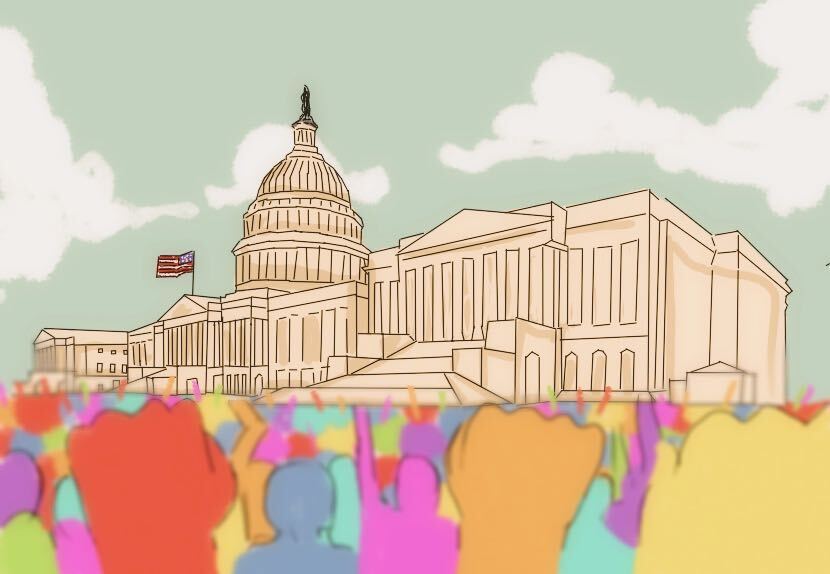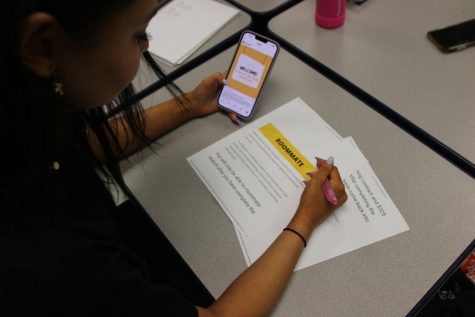Opinion: Respect For Marriage Act is a Win for America
Media by Emma Tyulyayev
In 1993, the March on Washington for Lesbian, Gay, and Bi Equal Rights and Liberation took place, as an estimated 1 million protestors took to the streets of Washington D.C. This was one of the largest protests in American history. The Respect for Marriage Act legally recognizes same-sex and interracial marriages. 71% of Americans support same sex-marriages, according to a 2022 Gallup poll.
After a long and hard-fought battle, the LGBTQ+ community finally landed a bipartisan win in Congress.
Passed with a 61-36 vote in the Senate, the Respect for Marriage Act (RFMA), which would effectively guarantee federal protection for interracial and same-sex marriages, may just make it into legislation.
The RFMA now only has to be signed into effect by President Biden, which he confirmed in a statement Nov. 29. Should Obgerfell v. Hodges, the landmark supreme court case that legalized same-sex marriage, be overturned, the legality of interracial and same-sex marriages would fall to the states. This act would federally recognize the marital right of these couples, and guarantee marriages would be protected across state lines, should they have been performed in another state.
This bill brings hope to our community at a time when hate is high and acceptance is low. While there are protections in place, like the Equality Act and the Civil Rights Act of 1964, there is still a large community of people who aren’t accepting of the LGBTQ+ community.
It is incredibly important for legislation to promote the integration and acceptance of LGBTQ+ people into local communities and the national spotlight. We aren’t that different from everyone else. One look around your classroom would reveal that according to a survey by the CDC, 1 in 5 students do not identify as heterosexual.
While federal action is a vital part of the inclusion process, the strength of the bill only goes as far as the support of others. It can be extremely difficult to not know if someone will accept and support who you are as a person.
When I came out for the first time, it was a difficult, challenging and confusing time in my life. Some people were loving and accepting; others were hateful, cruel and made me ashamed. Even as I still struggle with my identity, there are people in my life who I know won’t accept me for who I am.
This act ensures the legal safety of those who tend not to fall under society’s standards of a “normal” relationship, but what does it guarantee for them socially? The respect of their family and peers? A free pass from the stares and gestures of disapproving strangers?
I am unbelievably excited for anti-discriminatory and anti-hate legislation, but it remains to be seen whether it will truly make advancements for those who have fought for their right to marry, their right to be acknowledged and their right to love freely.
While this bill is a step in the right direction, it lacks respect and support from the government and a lot of people in power.
My hope is that with the passing of this bill, those who haven’t before will finally recognize the legitimacy of LGBTQ+ marriages. Even if a relationship doesn’t fit one’s idea of love, it doesn’t mean it isn’t love.
Your donation will support the student journalists of Marquette High School. Your contribution will allow us to purchase equipment and cover our annual website hosting costs. You may become a PATRON by making a donation at one of these levels: White/$30, Green/$50, Blue/$100. Patron names will be published in the print newsmagazine, on the website and once per quarter on our social media accounts.

Parker Brandt, senior, is the Features editor for her second year on staff. She wants to major in journalism in college and is excited for another school...

Emma Tyulyayev is an Illustrator for the Marquette Messenger. This is her second year on staff. After school, she enjoys driving around and going on frequent...



